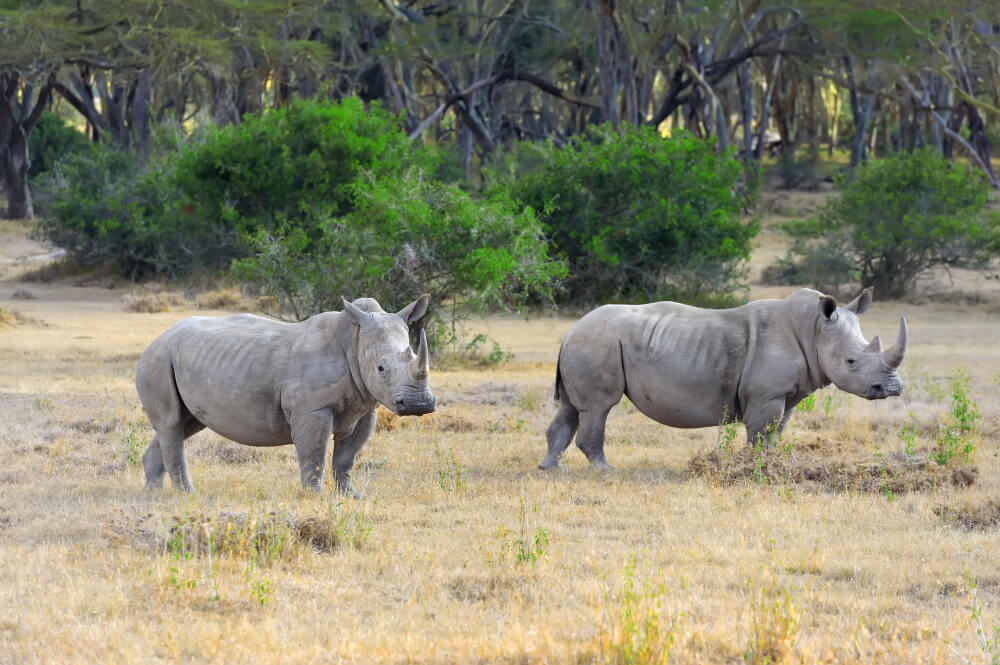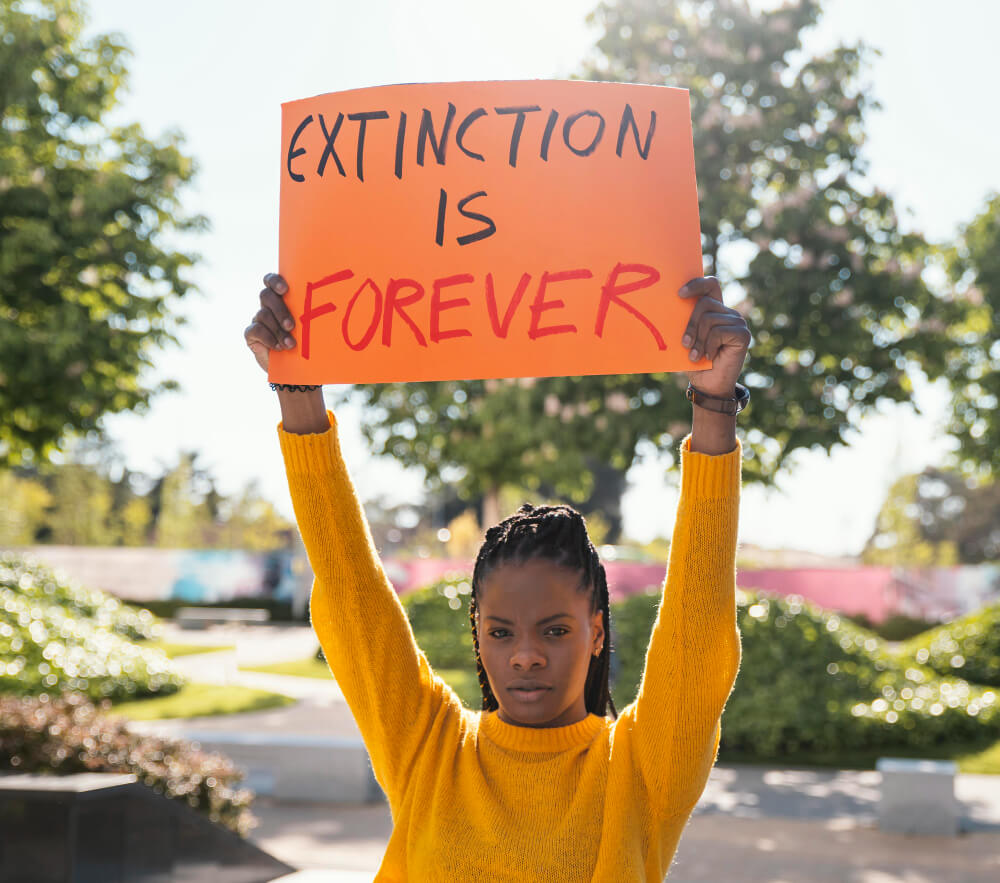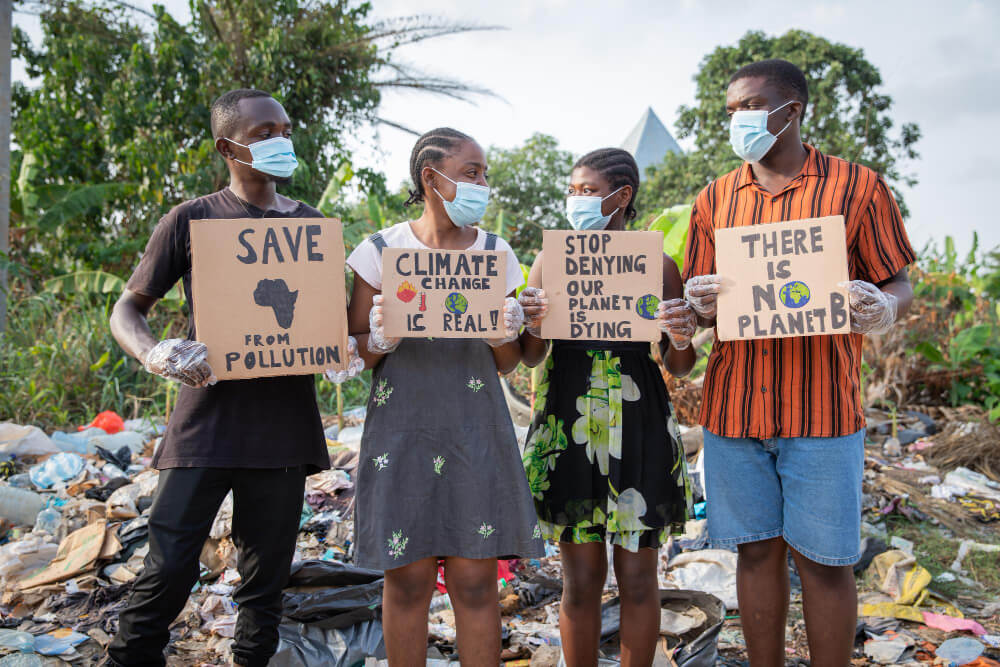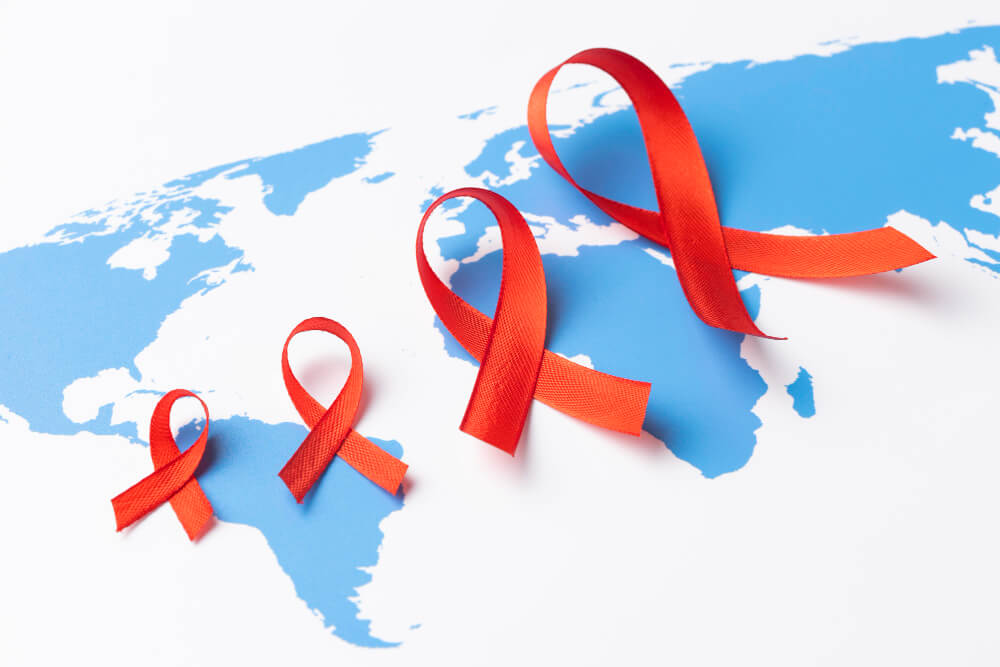At first light in the bushveld, before most of the country stirs, a ranger crouches beside a faint track in the sand. It could be lion. It could be poacher. For many South Africans, this is how a day begins—on the edge between wilderness and survival.
Here, conservation isn’t just policy. It’s life.
Why South Africa’s Wildlife Matters
From elephants in Addo to leopards in the Cederberg, wildlife shapes South Africa’s identity. Tourists seek the Big Five, but locals live with these creatures in stories and daily reality. Yet, threats like poaching and shrinking habitats put these species at risk. Without action, they could disappear within a generation.
The Frontline Defenders
Behind every conservation win are people:
- Rangers patrol and protect vast lands.
- Vets and tech teams use GPS collars and drones to safeguard species.
- Groups like the Black Mambas patrol unarmed, using education to drive change.
Community at the Core
Lasting conservation includes communities:
- In Limpopo, eco-clubs connect kids to nature.
- In the Eastern Cape, community conservancies create jobs and protect wildlife.
- In Mpumalanga, women run solar-powered monitoring hubs.
Species on the Line
- Rhinos: Dehorning and patrols have cut poaching in key parks.
- Wild Dogs: Just 600 remain, protected by corridors and vaccines.
- Pangolins: The world’s most trafficked mammal, now rescued and released by nonprofits.
What We Don’t Know—Yet
Nature holds secrets we haven’t cracked:
- Frogs may limit disease-spreading insects.
- Plants might filter underground water.
- Vultures halt decay and disease.
When one vanishes, systems unravel. We mimic functions with tech, but can’t match nature’s depth. Bee-like drones can’t rival a hive’s reach or efficiency.
Each species evolved over millions of years, fine-tuned for a role we might not yet see. Conservation is humility—acknowledging how little we truly understand.
Extinction Affects Us All
Without bees: food shrinks, prices spike, hunger grows. Without predators: ecosystems collapse. Without trees: soil erodes, floods worsen.
Wildlife isn’t luxury—it’s survival.
Building Forward
South Africa leads in protected areas and law enforcement. Youth are rising—from rural trackers to tech-driven innovators.
Protecting wildlife means securing our future—economically, culturally, and ecologically.
Every footprint—lion or human—adds to a story we can still choose to protect.












